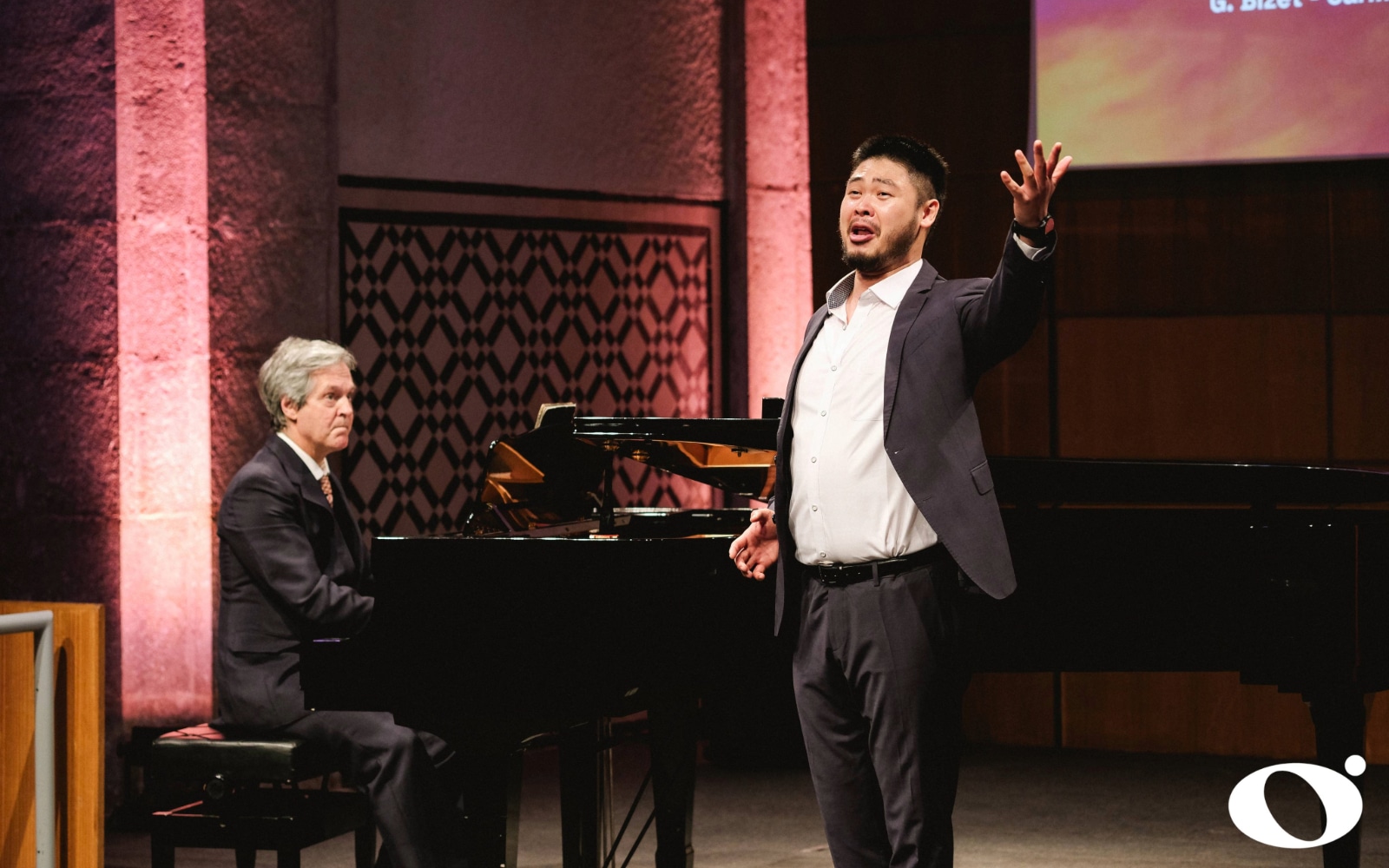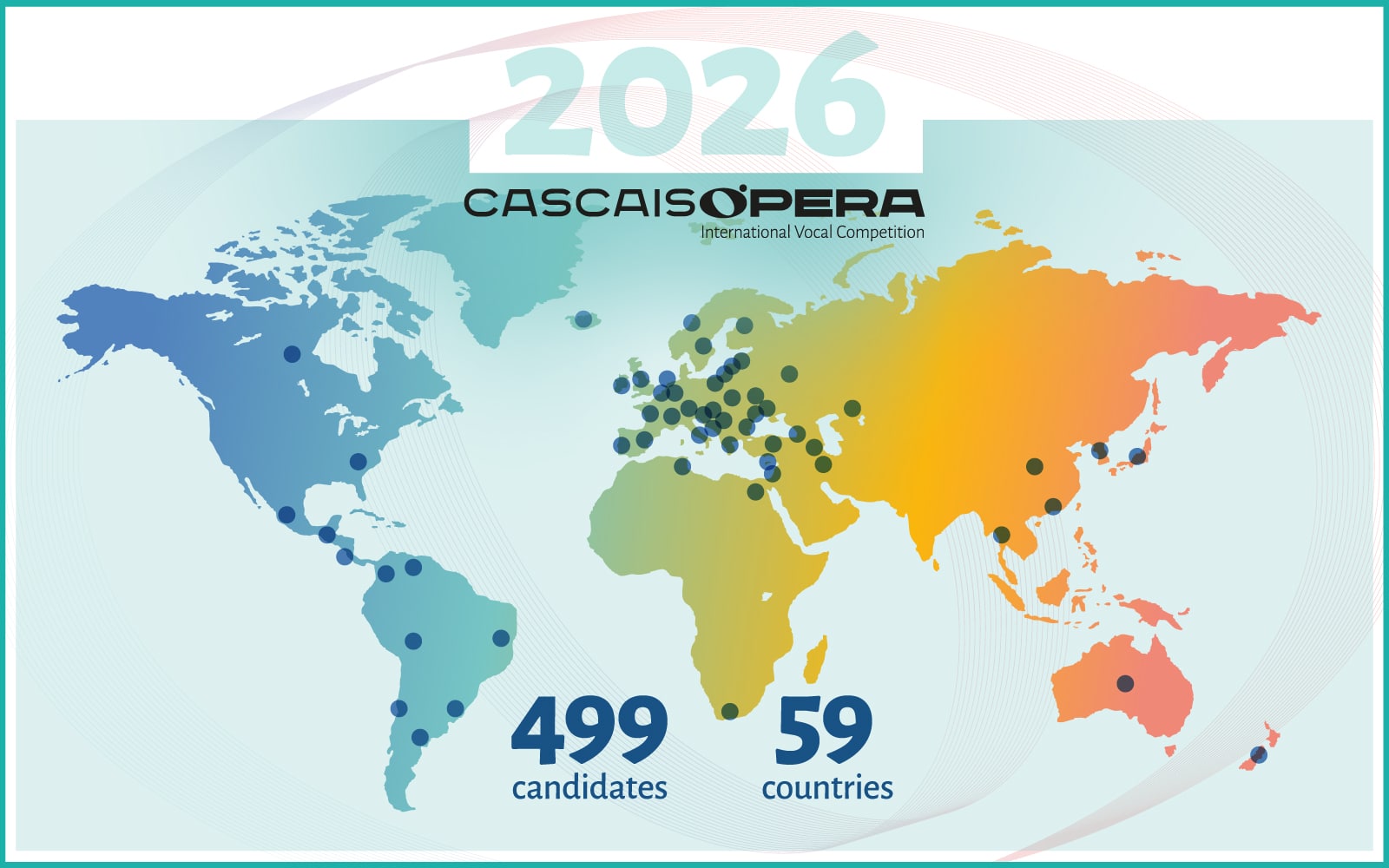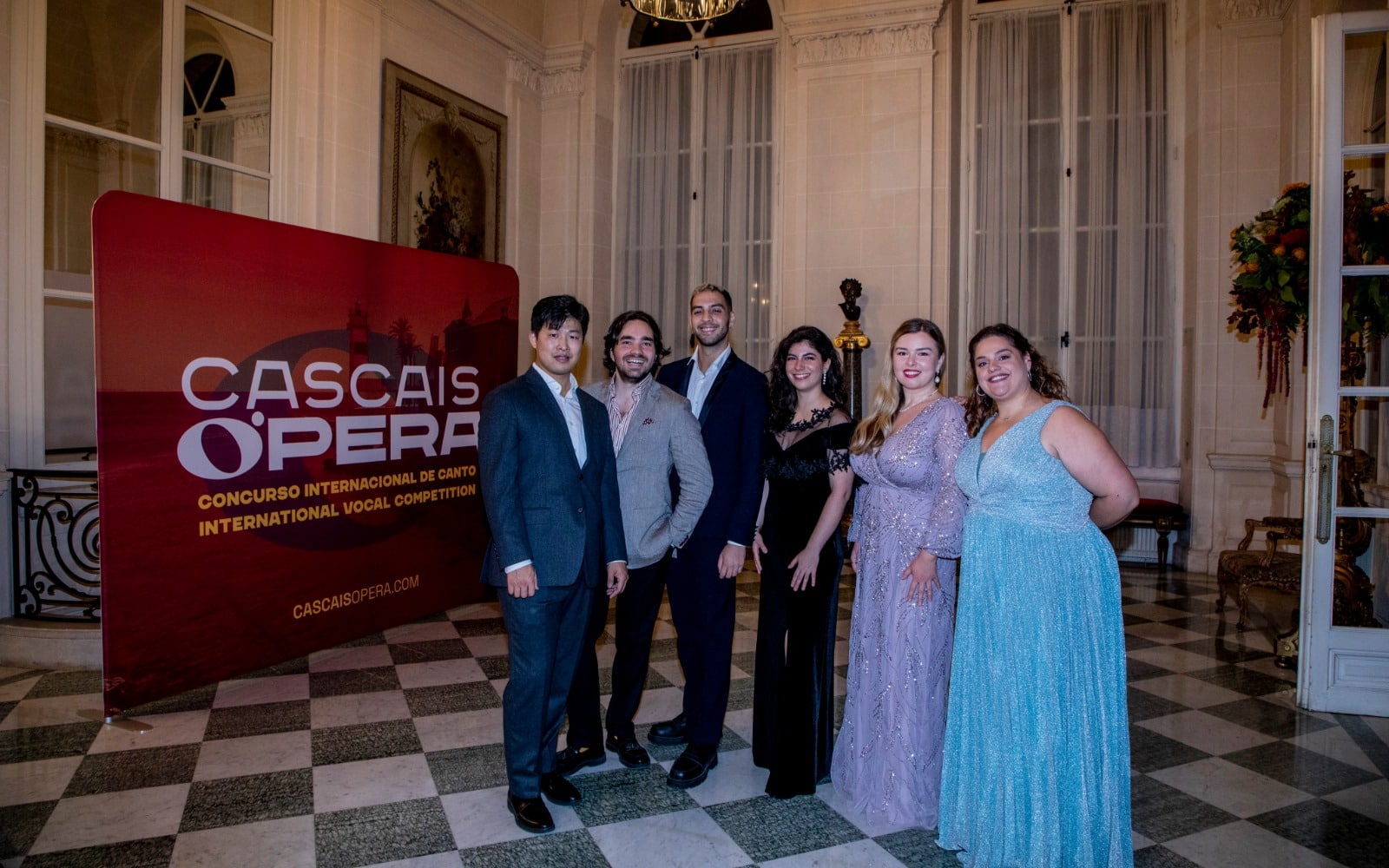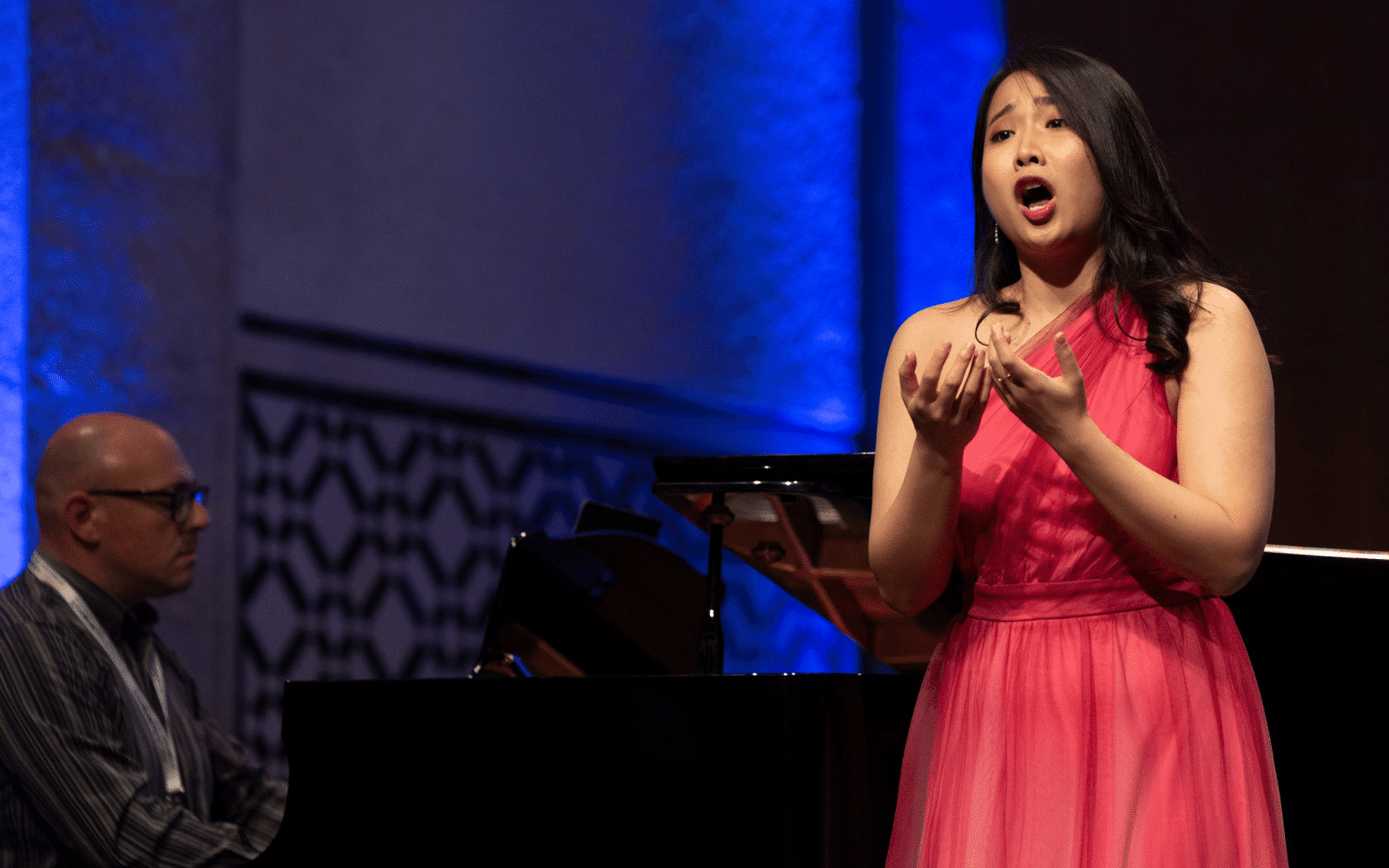The first rounds of Cascais Ópera 2025 are already underway, closely observed by the prestigious international jury chaired by baritone Sergei Leiferkus, who will select the 20 candidates moving on to the semifinals. This stage of the competition concludes this Friday with the performances of the remaining singers, in sessions open to the public at the Auditorium of the Cascais Cultural Center (Fundação D. Luís I).
“I think it went really well,” shared mezzo-soprano Anna Tetruashvili, the second contestant to take the stage on the first day of auditions. “Now I’m going to relax, listen to my colleagues, and enjoy Cascais—there’s so much we can do here.”
The 27-year-old from Israel, who has already participated in several competitions abroad, emphasized what she appreciates most about Cascais Ópera: “At every stage of the competition we gain something. We gain experience, we gain the chance to take masterclasses, we get to know our fellow singers—and I find that really beautiful.”
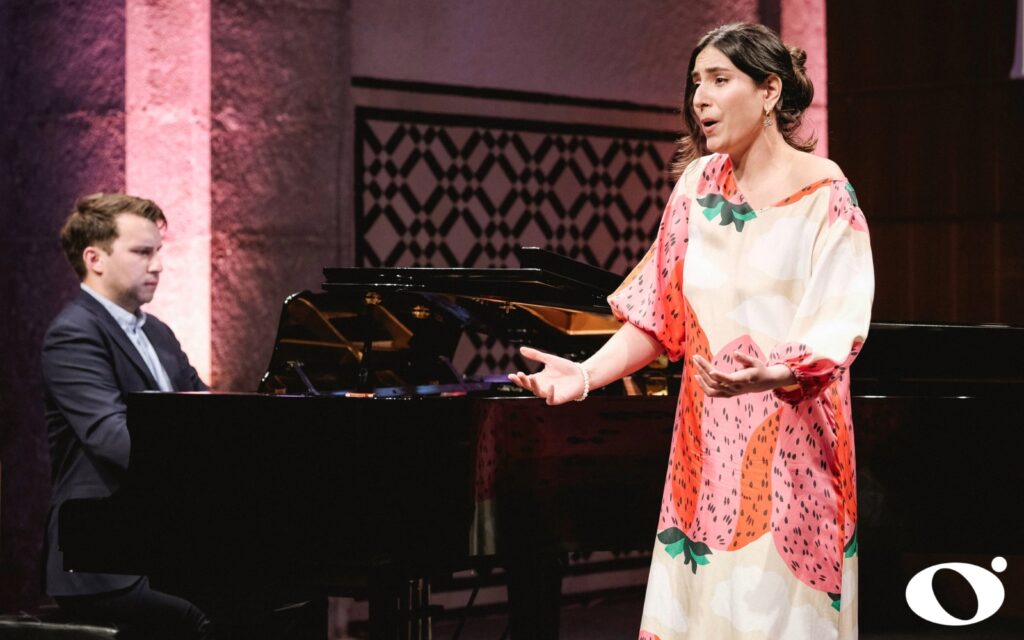
After his performance, Chinese countertenor WenBo Shuai, 24, said it’s possible to enjoy the moment, despite the competitive setting. “A competition is a competition, but music is music—and I believe that is more powerful.”
“Singing is a life choice and a way of living,” said tenor Jean Miannay. “We’re in Cascais, the weather is amazing, so singing here—whatever comes next—is a great opportunity.”
At 29, the French singer highlighted the importance of fostering a sense of community. During the opening session with Jorge Balça, he said, “we had time to talk, to learn each other’s names—something that doesn’t always happen in competitions.”
“In this competition, there’s a real effort to make us feel like a team, to get to know one another, to learn from each other, to listen to one another. We’ve come from nearly 20 different countries. Meeting performers from all over the world is amazing for me,” he added.
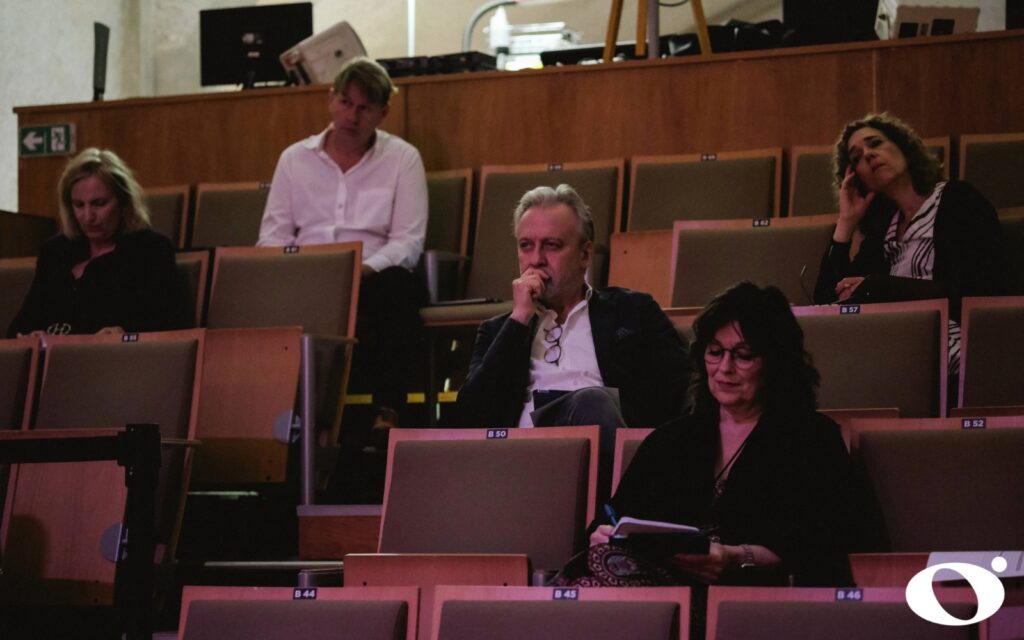
Jorge Balça—stage director, teacher, and creativity coach—emphasized that initiatives like Cascais Ópera are essential in the careers of young opera singers. “It’s vital to combine training with performance in front of a broader audience, potentially including employers, artistic directors, and agents.”
Commenting on the group of contestants selected for this second edition’s live auditions, Balça noted after the opening session that, in addition to a certain artistic maturity, “it was wonderful to see some faces like it was Christmas morning—full of wonder and delight for opera and all the many disciplines it brings together. That sense of magic and wonder was clear on their faces and definitely present.”
With a professional background spanning three decades—mostly in London, Portugal, and Amsterdam—Jorge Balça has served as Artistic Director of Bloomsbury Opera and Associate Director of The Opera Makers. He added: “Many moons ago I was a singer, but later trained as an actor and then as a director. At a certain point, I realized there was a lot of work to be done in dramatic training for opera singers, and that’s where I chose to specialize.”
He made it clear that voice alone is no longer enough in today’s industry. “Singing very well, having a strong musical capacity—that’s not enough. You need to be able to act, to truly be an actor, with everything any spoken-theatre actor would have, plus the added dimension of singing.”
